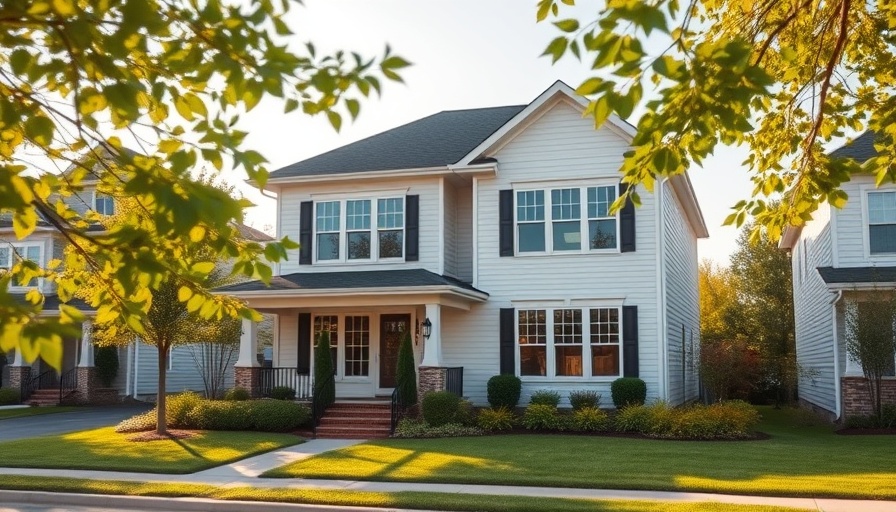
Should You Replace Your Windows? Factors to Consider Before Selling
As homeowners prepare for what can be a stressful selling process, the decision about whether to replace windows before selling often looms large. This decision isn't merely about aesthetics; it plays a critical role in property value and buyer perception. While new windows can enhance a home's curb appeal and energy efficiency, they also come with a financial cost and may not always yield the expected return on investment (ROI). Let's dig deeper into the factors surrounding window replacement in the real estate market.
Why Replace Windows Before Selling?
Investing in new windows can significantly enhance your home’s appeal. Here are several compelling reasons why you might consider replacing windows prior to putting your property on the market:
- Increased Home Value: Fresh, modern windows can boost your home's value and provide a visual upgrade that attracts potential buyers.
- Improved Energy Efficiency: Upgraded windows often feature better insulation and energy-efficient materials, which can lead to lower energy bills and resonate with eco-conscious buyers.
- Enhanced Curb Appeal: The first impression matters. New windows can significantly alter the aesthetic of a home, particularly if the existing ones are damaged or outdated.
When is it Not Worth Replacing Windows?
On the flip side, window replacement isn't a panacea for all homeowners. There are scenarios where you might want to reconsider:
- Good Condition of Existing Windows: If your current windows are in excellent shape, repairs like caulking or cleaning may be sufficient.
- Market Dynamics: If you’re in a hot real estate market, buyers may prioritize factors such as layout and location over window quality.
- Financial Constraints: If a major investment in windows would stretch your budget too thin, it may be better to focus on other updates or repairs.
Understanding Return on Investment
The financial implications of replacing windows can be a deal-maker or breaker. Homeowners should realistically assess the ROI they can expect. According to recent studies, homeowners typically see a return between 63% to 70% on their window replacement investments. However, this percentage can fluctuate based on the material used, labor costs in the local market, and the overall state of the real estate market.
Alternatives to Full Replacement
If window replacement sounds daunting or potentially unnecessary, consider these alternatives:
- Repairs: Sometimes, a simple repair, such as fixing cracks or replacing broken panes, is all that's needed to improve functionality.
- Cleaning: Thoroughly cleaning your windows can noticeably improve their appearance and enhance your home’s overall appeal.
- Weather Stripping: Adding weather stripping can boost insulation and reduce energy costs without the need for a complete window overhaul.
Real Estate Trends Affecting Window Replacement Decisions
The decision to replace windows can also be influenced by predominant trends in the real estate market. For example, as energy efficiency becomes a heightened concern among buyers, the appeal of homes with new energy-efficient windows rises. Real estate companies like Zillow and Redfin are seeing increased demand for these features in listings.
Concluding Thoughts: Making Informed Decisions
Ultimately, whether you choose to replace your windows before selling your house should align with your property's condition, local market characteristics, and personal financial situation. Engaging a real estate agent for a consultation can provide insights tailored to your specific situation and market trends.
The key takeaway is to weigh the pros and cons carefully. Consider not just the immediate aesthetic payoff, but the longer-term implications on your sale process and final sale price.
 Add Row
Add Row  Add
Add 



Write A Comment